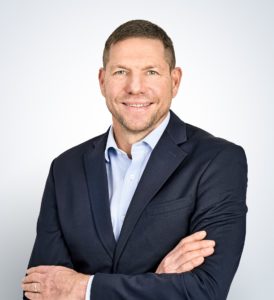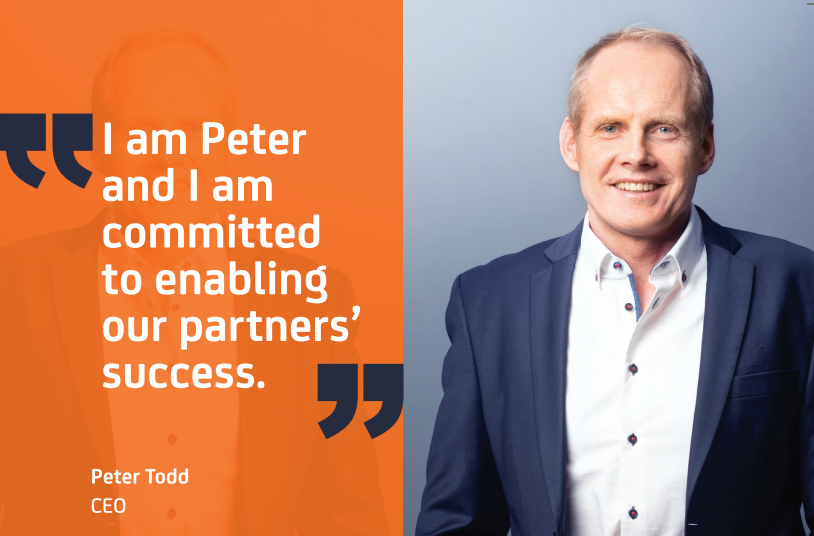Glenn Silverman, Investment Strategist, Director, RisCura
Whilst the world may be shrinking in many ways, when it comes to investments, it remains a large and complex place with many available options.

It is said that the one, and only, ‘free lunch’ in investments, is that of diversification — whether that be between asset classes (equities, bonds, property, etc.), regions, or between different asset managers. Provided each of these is sufficiently different, then the benefits are fairly obvious, i.e., when one asset class, region, or manager struggles, the others should provide a decent offset. If both are structured and sized correctly, the overall portfolio should then provide a dependable, consistent and stable outcome.
With South African (SA) equities making up less than 1% of the global equity universe; with many attractive sectors being under-represented on the Johannesburg Stock Exchange (JSE) – sectors such as bio-tech and social media immediately spring to mind; and with the obvious SA country-specific risks, the case for having a significant offshore exposure is a fairly obvious one. Interestingly, of the JSE listed companies, few are truly domestic-only, as some 60% of the JSE earnings base is non-Rand (ZAR) denominated. That adds some useful SA / ZAR diversification but does make the optimisation of a global strategy even more complex.
Once the rationale for requiring a (decent-sized) offshore exposure is accepted, the logical next questions are: How much of your assets/portfolio to actually invest offshore? Where best to invest those assets (region, asset class, sector or thematic, etc.)? And then, how best to practically do so?
These are not simple questions to answer, with each being dependent on several factors, especially regarding the investor specific circumstances, whether that be the relevant liability, in the case of a more institutionally-focussed fund, or the target/goal/aspirations, in the case of a private investor.

Committed to enabling our partners’ success.
Through authentic relationships, we are committed to enabling our partners success by co-creating solutions and unlocking shared
value. Always with a personal touch.
Chat to me about how we can help you grow your business
sustainably.
Licensed Insurers and authorised FSPs.
Answering these questions are areas where a knowledgeable, trusted, and experienced advisor can be worth their weight in gold (or USD, or other, as the case may be). The ability to not only structure an optimal portfolio but also to stick with such when markets fall (as they inevitably will), are also key considerations. Numerous studies show the damage down to long-term returns of chopping and changing (‘churning’) a portfolio aggressively. Equally, other academic studies show that advisors can add significant benefit to their clients through not only the design of an optimal or suitable investment strategy, but also by ensuring that the investor sticks to the agreed strategy. The agreed advice is that ‘time in the market’ is more important than ‘timing the market’ i.e., the benefits of taking a longer-term view and letting investments compound over time.
In some cases, investors may have sufficient training or experience to do the above on their own, but for the rest, assistance is required in the form of some kind of expert advice.
How then should an advisor be selected? There are many factors to consider, including, inter alia, the following:
- Honesty and integrity are absolutely critical. The return OF capital is at least as important as the return ON capital;
- The required skills, along with a competitive track record;
- A well-defined, sensible and appropriate investment framework; and
- A good fit (philosophical, personal, etc.).
If the above are all in place, then the chances of investment success, considering both return and risk, are dramatically enhanced.
Select a good advisor, be patient, and hopefully many happy returns will follow…

